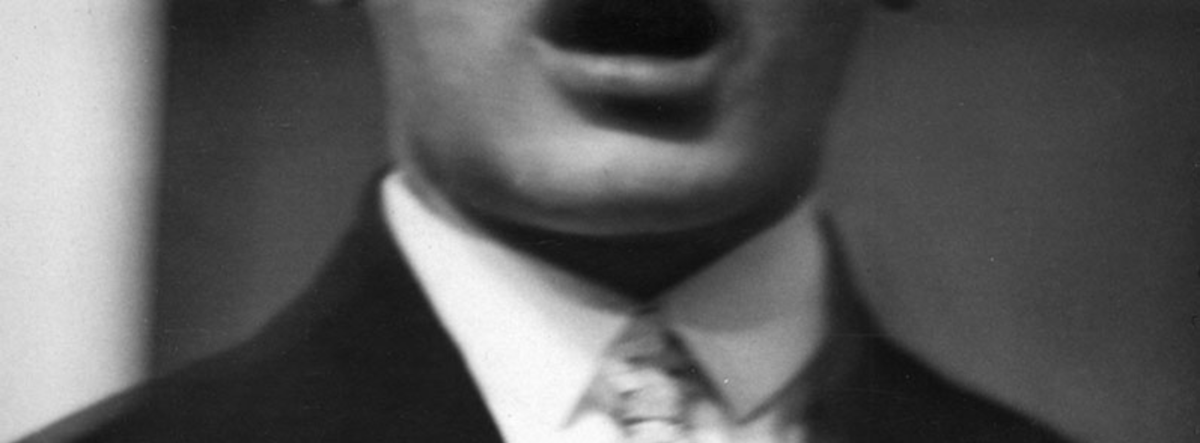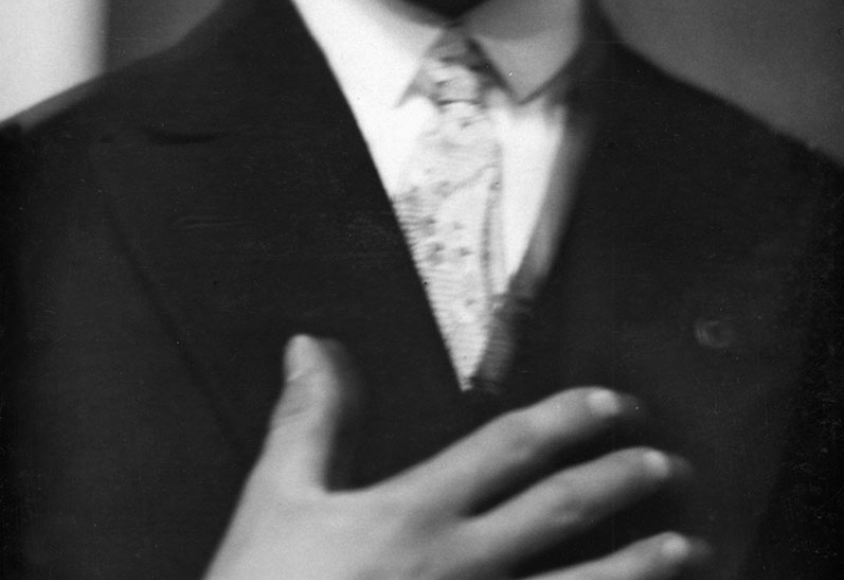Author: Jaqueline Boysen
Since time immemorial, political speech has been a remarkable beast: glamorous diva and cheeky brat, worn everyday object and rare treasure, delicacy and fast food, jewel and weapon, all at the same time, appropriately ambivalent.
Political speeches are a tool of control and governance. They can play the role of social fabric or political dynamite, they can conceal or reveal, they can be cheap advertising or a reliable indicator, a cure or a lethal injection. It’s how the ingredients fit together that matters. Everything comes down to the person who prepares it, the person who serves it and the people who consume it. Rhetorical charisma and the venue, the message and context, words and positioning only work when they are perfectly balanced with each other. The political speech is an art form that needs to be finely crafted, that requires practice and knowledge – including knowledge about how the person speaking thinks. That’s because what the person thinks is, after all, supposed to be communicated to the audience through the speech.
Speaking and listening is essential for democracy’s success
Political speeches are an under-appreciated text form – they are neither the ancestor of the soundbites of the twenty-first century, nor are they an alternative to social media. These formats might draw on the speeches, but the speeches themselves are fed by different, deeper sources. If speeches are not carefully looked after, they decay. If speeches are not bound by democratic principles, they may be destructive. After two dictatorships, speeches that take a demagogic or inflammatory tone rightly have a bad reputation and are feared in Germany. Speeches are not only capable of impressing and convincing an audience, they can also unleash a manipulative potential – for better or worse.
Without political speeches and their corresponding counterpoints, democracy cannot function. Before the people can elect their representatives, they need to be given a chance to familiarise themselves with the people who are standing for election. Online images and memes cannot fulfil this purpose; neither can political talk shows. Those who attempt to build a profile with catchy slogans should not be surprised if these are quickly torn off them, leaving only an empty shell.
Politics will remain colourless and shady if politicians only appear in staged arguments and artificial staccato. If they handle their political communication like an Olympic torch, they will set their own words alight and become marginal figures, known for their amusement factor or the odd rhetorical flourish. This might help to underpin a position for a while – but it is a mistake to believe that this can work permanently in the long run. This is because the opportunity to coherently set out the wider context and point out fundamental differences with the position of one’s political opponent is lost.
The venue doesn’t need to be a beer tent
The more everyday transactions we can handle online, the greater our need becomes for face-to-face communication. Of course, it would completely contradict reality to promote personal interaction through local council settings. The venue also doesn’t need to be a beer tent where people puff themselves up and put on a show. No matter what the setting: political flair will only unfold if representatives engage with each other. If they take time for each other. If one personality speaks and the other one listens – in a very old school way. The relationship between politics and the people might be conveyed through the media, but it should take its cue from fundamental interpersonal experiences – after all, both sides want to be heard and understood. Only if this is the case will mutual trust emerge, a resource that is in short supply. Building credibility requires considerable patience, which is also a scare resource. Obligations exist on both sides – especially in a representative democracy that aspires to confer authority for a limited period on an individual who is selected from the people. The leader who is chosen needs to be able to use the power of words. No matter whether he or she wants to. The others do not need to listen, but only by doing so can they find out whether a personality is authentic, considered and trustworthy.
In Germany, for instance, chancellors Helmut Schmidt and Helmut Kohl did not have much in common apart from their first names. But both of them were characterised by their personal articulation. One sounded Hanseatic and spirited, while the other explained “diese-unsere” world in Palatinate intonation. Both addressed their audiences in a unique way – they were not always loved by everyone, but they were always backed and probably understood by a considerable number of supporters. Helmut Schmidt faced major challenges during his time as chancellor, and one called for a high level of communicative skill. He had to stand up to the terrorism of the Rote Armee Fraktion and explain a moral dilemma after the abduction of Hanns Martin Schleyer: human dignity is inviolable, the rule of law means everyone needs to be protected – and yet the state cannot be blackmailed either. The tasks that confronted Helmut Kohl as an orator were different in nature, but no less controversial: to ensure the window of opportunity did not close again, he cleared the way for reunification even before the legal and foreign policy preconditions had been settled.
Both orators were demanding of their audiences. They took them seriously and did not go easy on themselves or others. Of course, they knew that headwinds and counterarguments would emerge. But they remained stubborn and showed a willingness to carry the consequences of their words. Neither speaker sugar-coated things. Although they were experienced speakers, they were visibly excited, concerned – and ultimately they disseminated confidence throughout society. That doesn’t happen on Twitter or TikTok.
Jacqueline Boysen (@MERKELBIOGRAPHY) is Managing Director of the Bundeskanzler-Helmut-Kohl-Stiftung. She was a speechwriter for German Bundestag presidents Norbert Lammert, Wolfgang Schäuble and Bärbel Bas.




